Non-fungible tokens, or NFTs, are increasingly prominent, thanks to high-profile transactions such as the NFT sale of CryptoPunk #8857 in 2021, which fetched a $6.6 million price tag. This disruptive technology can potentially change the face of ownership for things ranging from art to concert tickets – and even physical goods. The law and technology of NFTs have the potential to profoundly impact intellectual property ownership, monetization, and the practice of IP law. However, cybercrime is a persistent hazard, and unauthorized NFT transactions represent a significant risk and challenge to intellectual property law.
What Are NFTs?
NFTs are digital assets generated from computer code, with ownership and authenticity verified through a blockchain ledger, but the non-fungible nature of NFTs differentiates them from conventional blockchain tokens. Each NFT is assigned to a specific owner and carries a specified value. NFTs can represent the value of physical assets such as cars or houses and digital entities such as tweets or videos.
Legal Regulation of NFTs
Like many disruptive technologies, the law has yet to catch up with NFT technology. However, the lack of transparency and accompanying anonymity surrounding NFT transactions, along with their subjective valuation, has generated heightened scrutiny from both the Financial Crimes Enforcement Network (FinCEN) and the Office of Foreign Assets Controls (OFAC)
OFAC has declared that digital transactions and currencies are subject to U.S. sanctions. To this point, OFAC has pursued enforcement regarding blockchain and cryptocurrency transactions.
As a bureau within the U.S. Department of Treasury, FinCEN has regulatory authority through the Bank Secrecy Act (BSA) and similar laws designed to prevent money laundering. While FinCEN has not issued specific guidance regarding NFTs, it has addressed how the BSA, which regulates virtual currencies, could be applied to NFTs.
For instance, if NFTs are considered to have “value that substitutes for currency” by FinCEN, they would be subject to the jurisdiction of the BSA. This designation may be problematic since many NFTs are rendered as digital representations to demonstrate ownership of defined assets rather than as a fungible currency.
OFAC is charged with administering U.S. sanctions. Although it has also not explicitly addressed NFTs, OFAC has declared that digital transactions and currencies are subject to U.S. sanctions. To this point, OFAC has pursued enforcement regarding blockchain and cryptocurrency transactions. NFTs that involve foreign transactions may be subject to sanctions if they run afoul of OFAC.
No state regulators have issued direct guidance regarding NFTs to date. However, state laws regarding virtual currencies have the potential to be applied to NFTs. For instance, both New York State and Louisiana have laws requiring licenses or charters and surety bonds to protect customers regarding virtual currency transactions.
IP Rights, Cybercrime, and NFTs
Centralized NFT marketplaces are a desirable target for cyber thieves. NFT owners are subject to unauthorized NFT transactions through account takeovers, phishing, brute force attacks, or other malicious acts, like all online users. The decentralized nature of blockchain means that once the private key associated with an NFT falls into the wrong hands, retrieval to its rightful owner through legal means, while possible, is unlikely.
Intellectual property rights are assigned by their owners. Transfers of IP ownership could be simplified through blockchain technology and NFTs. However, depending on how the contract is constructed, ownership of an NFT in a blockchain may not translate to ownership of the associated intellectual property. This is true for copyrights, trademarks, and patents alike.
Looking Ahead
While NFTs are still somewhat outside the mainstream, ignoring the technology is an unwise approach. Instead, savvy players should educate themselves on the potential for monetization while bearing in mind potential security hazards and possible regulatory impacts.
Understanding the implications NFTs have on patents, especially patent infringement, will be vital as the technology grows and evolves. The ability to track ownership of NFTs and who has intellectual property rights to the original digital entity, such as a post, tweet, video, or digital file, will become more critical. SMI Aware helps our clients discover, analyze, and preserve information from social media and the web. Our in-house analysts use proprietary software to identify and curate information valuable to your case while providing the benefits of independent 3rd party data collection. The SMI Aware process controls the search and collection process, so you can be assured that each report is generated to the same standard of quality. Whether you need one report or 1,000, SMI Aware delivers quality and accuracy.




